Homeless hotel proposal moves forward on split vote of Antioch Council
Saturday, August 1st, 2020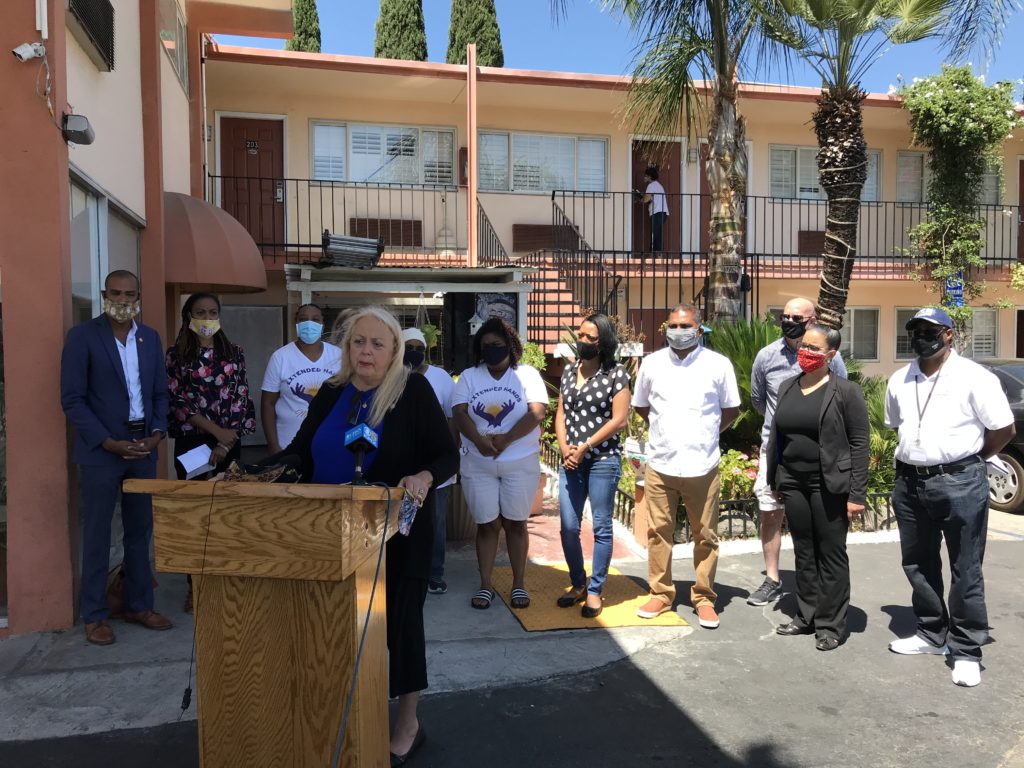
Antioch Mayor Pro Tem Joy Motts speaks during the press conference at the Executive Inn on E. 18th Street on Tuesday, July 14, 2020.
All five council members supported a feasibility study.
By Allen Payton
The Antioch City Council continued the remainder of their Tuesday night meeting on Friday night, to discuss the final agenda items, including discussion of the Transitional Housing Ad Hoc Committee’s proposal to lease the Executive Inn motel on E. 18th Street for use by homeless residents. The presentation was made by committee members Mayor Pro Tem Joy Motts and Council Member Lamar Thorpe.
About 20 members of the public commented on the item before the council members took up the matter.
“As you’ve said, the key to whatever program you decide to operate there, for it to be successful, it needs to be robust enough to deliver the services folks need,” stated Kate Bristol, the consultant hired by the city to help on homeless issues.
“Joy and I have to do the groundwork,” Councilman Lamar Thorpe said. “That would coincide with the feasibility study, as well. Folks think homeless encampment. But that’s not what we’re doing at all. Ironically, right down the street from Rocketship (charter school on Cavallo Road) is a homeless encampment.”
“We’re happy to walk through the process with the public,” he added.
Mayor Sean Wright then said, “I think everyone is centering around a housing, first model. That’s what the nationwide studies are showing works.”
“What kind of collaboration has there been with the county supervisors?” he asked. “They don’t think they’re part of the process.”
“That’s funny. I just spoke with Federal Glover, today. We had an extensive conversation,” Motts responded. “There’s a reality piece of this we’re looking at. It’s complicated. What I’m seeing over at Motel 6, so far, it’s being run very, very well and it’s a success, so far. It’s bridging people into permanent housing.”
She spoke of a couple and their experience at the Pittsburg motel.
“Literally in this short period of time…they’ve been over at Motel 6 since May,” Motts shared. “This has allowed them to get their life together. Get back on their feet. Get a job. I was pleased to see how quickly the program worked for them.”
“It won’t work for everybody,” she continued. “These are people that want to. These are long-term homeless and for them it’s working.”
“I’ve spoken to Federal Glover as well,” Thorpe said. “But the contact has been LaVonna Martin. So, I’m puzzled that you reached out to both of them to see if we engaged them. If the Supervisors want to be directly involved and sit at meetings with us, they’re more than welcome to.”
“I really, truly believe this needs to be a regional approach, working with the county. They have access to state dollars that we don’t have. With a regional approach we have more access to more money. Is that correct?” Wright asked.
“It strongly needs to be connected to what the county has,” Bristol responded, and spoke of the Continuum of Care.
“I hear you and it’s a good point,” Thorpe. “We never approached this absent of the county. The Continuum of Care we will always be a part of that. You won’t find any disagreement from Joy or me on that.”
“If we’re talking about bridge housing, then we’re talking about permanent housing. That’s the county,” he explained.
“There’s a different model, as the county is looking at Motel 6 as a purchase,” Wright said. “What we’re looking at, here is a lease year after year.”
“But it started as a lease. Then they said, ‘let’s look at buying the motel,’” Thorpe responded.
“What I believe is, they’re looking at the money that was set aside for the LMC location (in Antioch) to buy the motel,” Wright said. “Looking at a purchase is a much better model.”
“That’s something we’re looking into as well,” Thorpe responded. “But I don’t want to get sidetracked by that, when we’re looking at a lease.”
“That’s what I’m looking at, here with the lease by the city,” Wright said. “You can’t tell me we’re going to rent 32 rooms and not have a $1.2 million cost. It’s great that we’re helping 32 of them, that does not take away the cost from helping the rest of the homeless on the streets.”
“This is bridge housing,” Motts stated. “There’s lots of homeless on the streets. We’re not going to be able to help all of them.”
“I just wanted to give you an idea of what we’re spending, now. We’re continuously cleaning up encampments in town and moving people from place to place,” she said. “It’s expensive to do something. It’s also expensive to not do anything.”
“There are entities out there who are willing to make financial commitments to this effort. So, the entire cost won’t be born by the city,” said Thorpe. “But I don’t want to get ahead of myself. I don’t want to make anyone believe there will be no cost to the city.”
He then made a motion to direct staff for a feasibility study to look into the lease of a hotel for bridge housing, and for our city manager to start the process of an RFP (request for proposal) to be sent out to hotel owners. Motts seconded the motion.
“I don’t have a problem with starting a feasibility process…but this RFP process, it’s sending out an RFP to the motels in Antioch. There are only three in Antioch. I’m not ready for that. If you want the city manager to look at the room rates, that’s fine. I’m for the feasibility and service models.”
“I’m fine with my motion. I understand the RFP process will take a little longer,” Thorpe said. “I’d like to have these things happen concurrently.”
“I just thinking we’re wasting time,” Motts said referring to waiting on the feasibility study before pursuing the RFP.
Wright then asked Councilwoman Monica Wilson if she had any comment.
“Waiting for the vote,” Wilson responded.
“Do we need a vote?” Ogorchock asked. “I thought this was direction.”
“For direction a motion is not required,” City Attorney Thomas Smith said. “But a motion has been made.”
“I’m in the same boat as Councilmember Ogorchock,” Wright said. “I’m all for the feasibility study. I think the RFP puts the cart before the horse.”
“Can you split it?” Ogorchock asked Thorpe of his motion.
“I’m fine with one motion,” Thorpe responded. “We did an RFP for the five trailers and nothing happened.”
With no other discussion Wright called for a roll call vote. Wilson, Thorpe and Motts voted yes, and Wright and Ogorchock voted no, and the motion passed on a 3-2 vote.












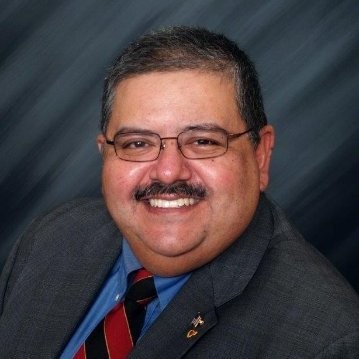
 This is an open letter to the city of Antioch per #CupOfJoBruno and Delta Peers. Specifically, this is a letter addressing the current city council. It’s close to elections and I’m curious why I should support you. Any of you. So, here’s the thing. I’m a Pittsburg native, and I am a proud Pirate. But Antioch is home to me. I have placed my heart in the waters that rest under the bridge. I have, like many others, marked my territory. I did what a lot of folks do, and I left home to experience life outside of where I was born. I traveled overseas and went to college in another state. But I find myself back here and I’m playing for keeps.
This is an open letter to the city of Antioch per #CupOfJoBruno and Delta Peers. Specifically, this is a letter addressing the current city council. It’s close to elections and I’m curious why I should support you. Any of you. So, here’s the thing. I’m a Pittsburg native, and I am a proud Pirate. But Antioch is home to me. I have placed my heart in the waters that rest under the bridge. I have, like many others, marked my territory. I did what a lot of folks do, and I left home to experience life outside of where I was born. I traveled overseas and went to college in another state. But I find myself back here and I’m playing for keeps.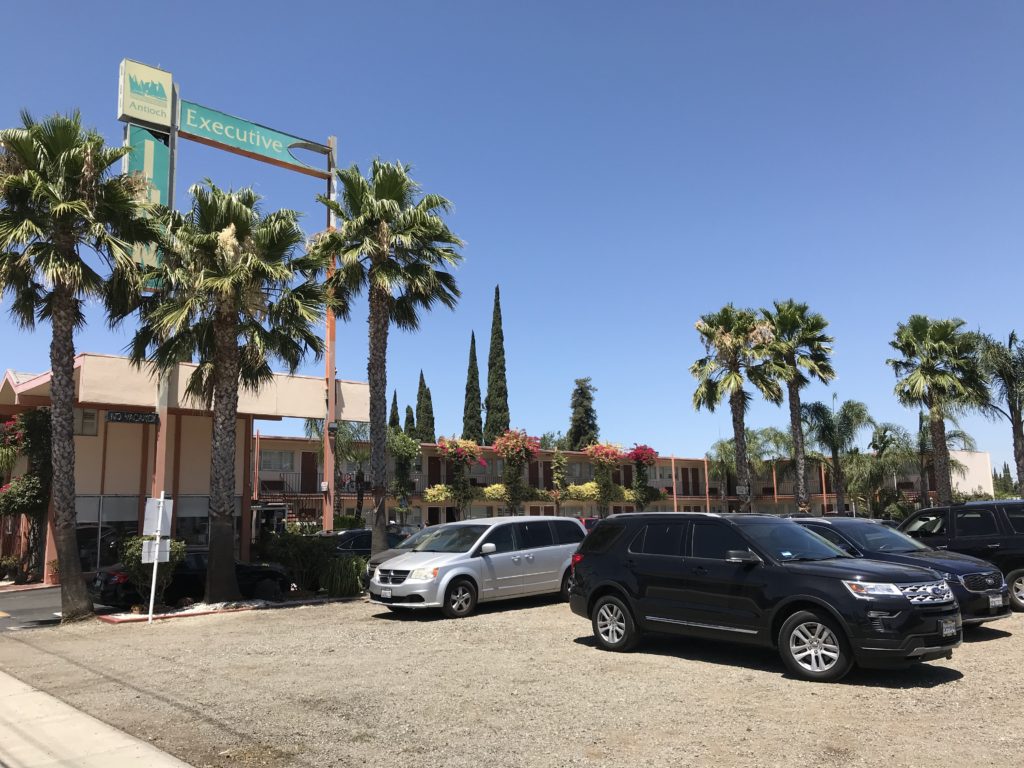
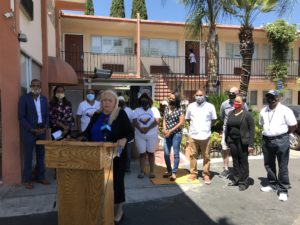
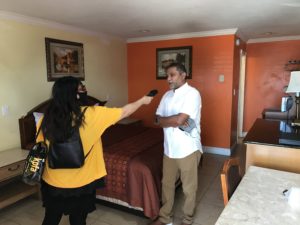

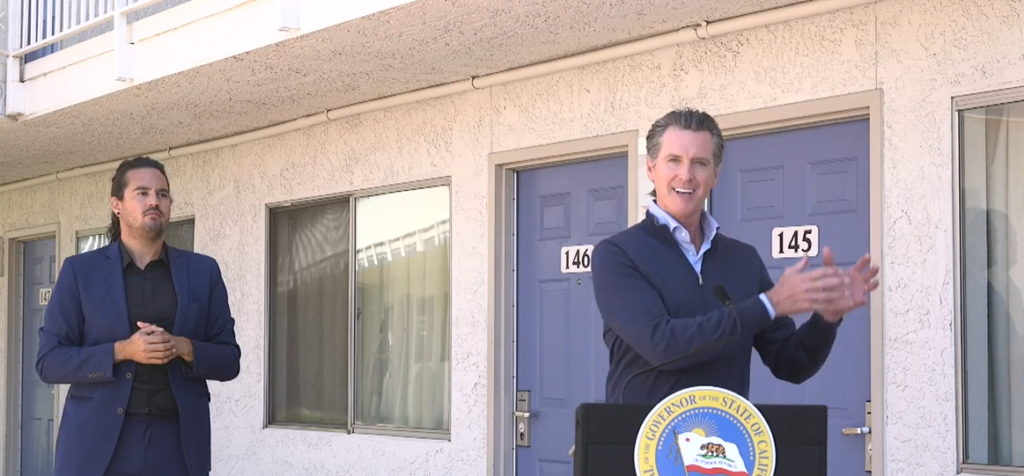
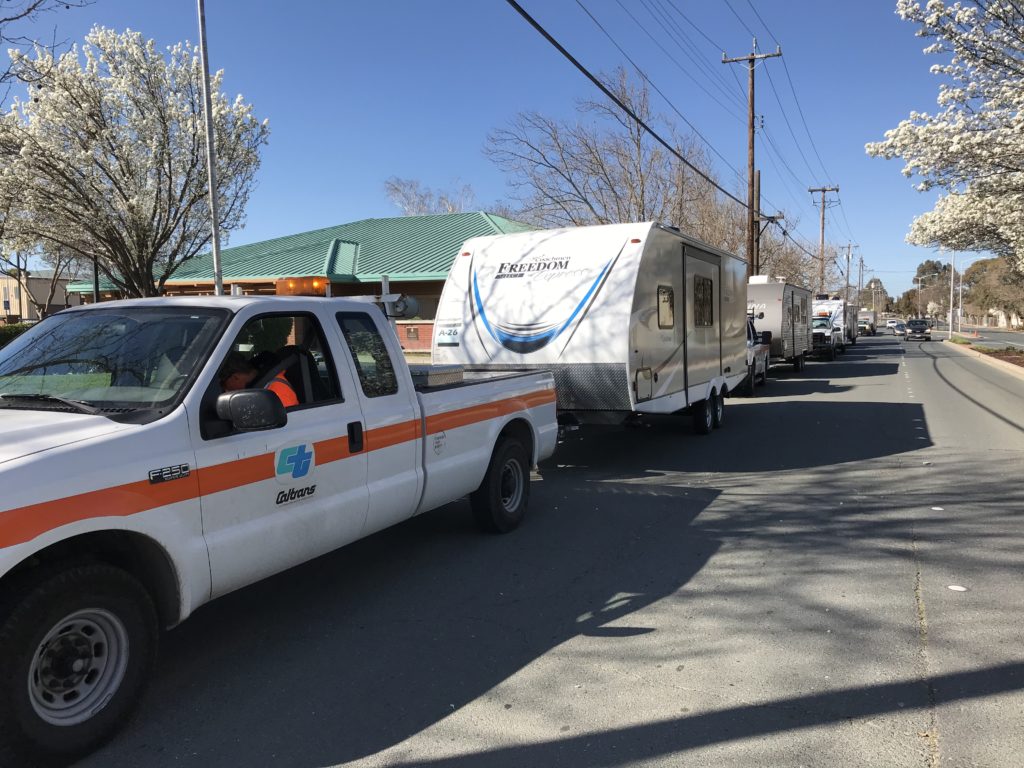

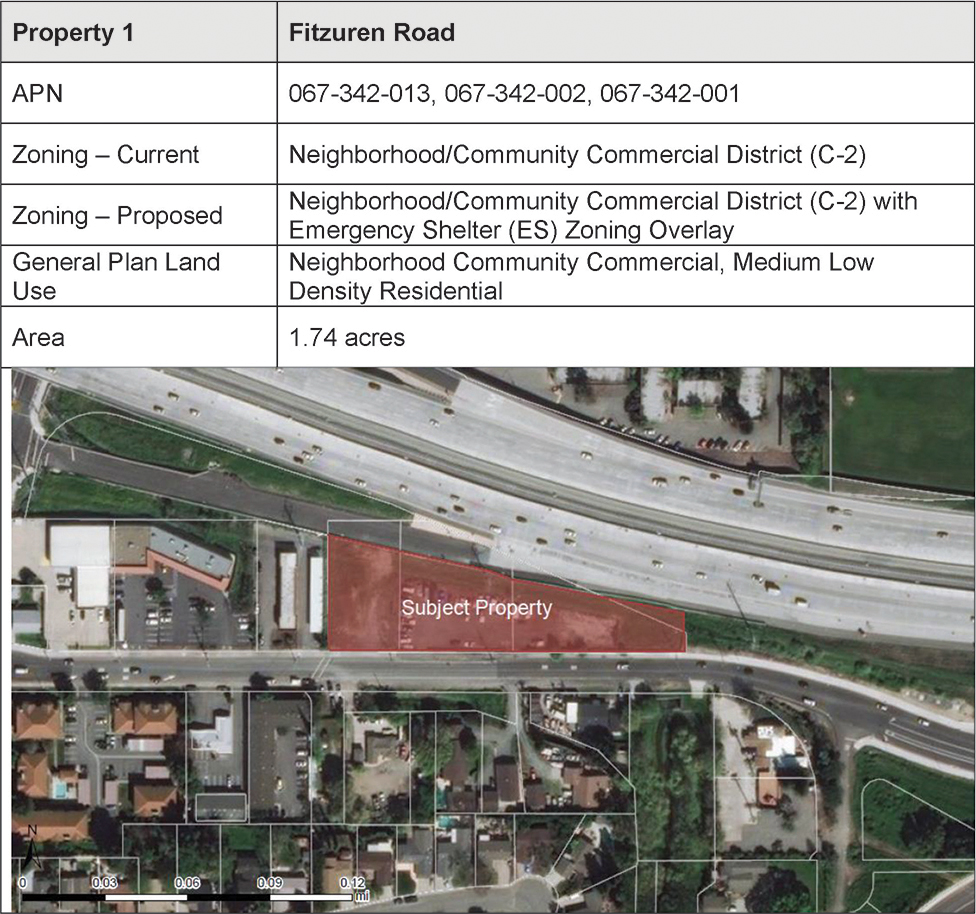
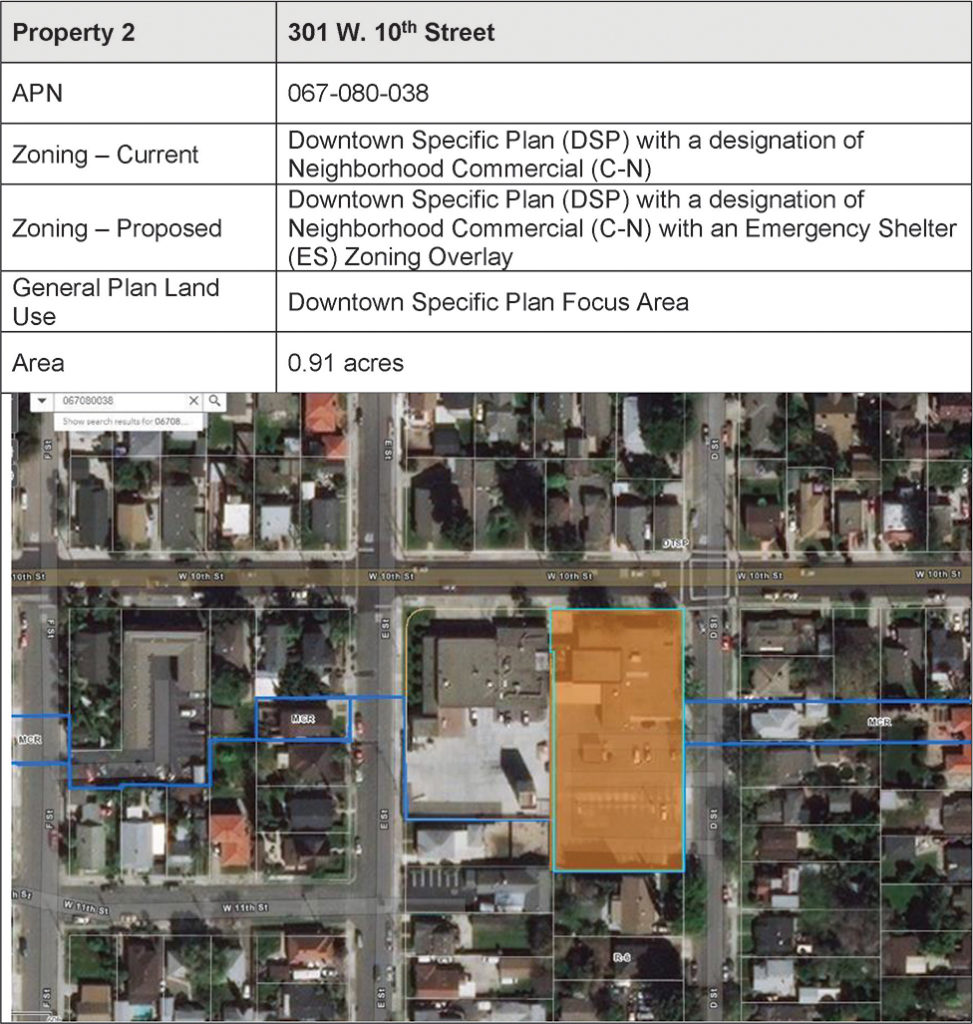
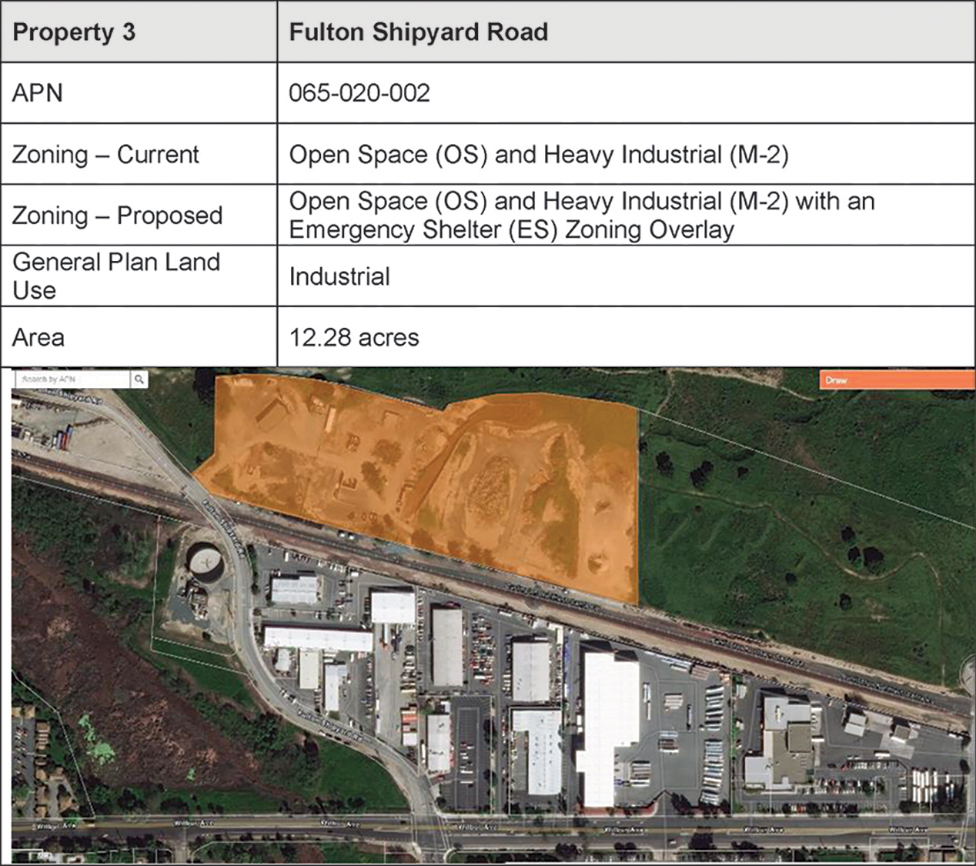
 Contra Costa County and several of its cities are working to reduce the spread of COVID-19 in local homeless encampments by placing handwashing stations and portable toilets near them.
Contra Costa County and several of its cities are working to reduce the spread of COVID-19 in local homeless encampments by placing handwashing stations and portable toilets near them.













